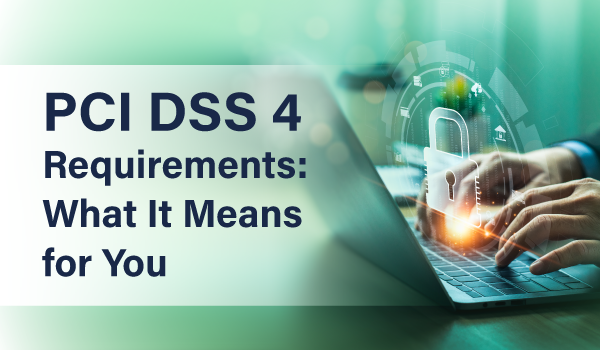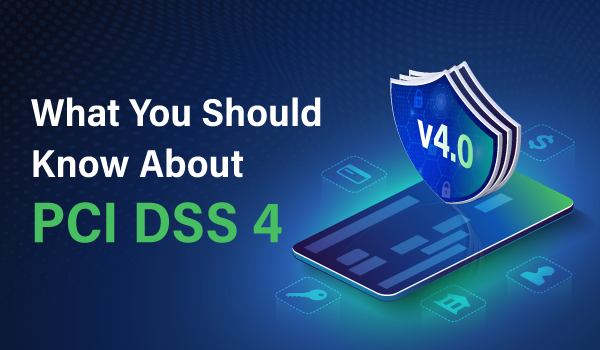4 min read
We know how tempting those summer sales are!
You can’t help buying another bathing suit or those pair of sunglasses just because they are 30% off this weekend only. I don’t blame you!
But are you being careful on where you are swiping your card? How are you protecting your credit card and personal information?
According to the Javelin Identity Fraud report, 13.1 million people were affected by fraud in 2015 alone, which totaled $15 billion in total fraud.
7 ways you can prevent credit card fraud when shopping
1. Learn how to recognize skimmers
According to the Verizon 2016 Data Breach Investigation Report, there were 102 incidents involving skimmers and 86 reported data breaches resulting from skimmers.
Always look at the POS system where you are swiping your card. If anything at all looks different from the ordinary, do NOT swipe your card. Skimmers are usually very well made and hard to distinguish, but keep an eye on change of color from the rest of the machine or odd protrusion.
Keep in mind that ATMs and gas stations tend to be the most common places to find skimmers. Report any unusual findings to the manager of the store if possible.
2. Cover your PIN!
Many of you have EMV cards (also known as “chip cards”). As you may notice, many merchants have still not upgraded their POS systems to be able to read EMV cards. Hence, you may still find yourself entering your pin at stores, grocery stores, gas stations and ATMs.
Cover your pin! Even if you are carrying a great conversation with the sweet innocent person behind you, he/she may just be distracting you.
3. Create mobile alerts for all your transactions
Creating mobile alerts may sound annoying to some, but they come in handy. Set up alerts through your bank for all the credit and debit cards you use. Make sure they aren’t just for a high amount, but for any transaction over as little as $1.00.
Many times, hackers will withdraw money in small amounts so the victim does not notice and when they do, hackers have gotten away with plenty.
4. Be careful with online purchases
Only make online purchases at secure websites that you know are legitimate.
Do not fall for phishing scams. If you are at a website that isn’t secured, you may unknowingly download adware. Do not enter your credit card information on any emails pretending to be your bank or Credit Card Company.
If you get an email requesting data, call your bank using the number on their official website (not the one on the email) and confirm. Chances are, they aren’t asking you for such data.
5. Don’t just throw away papers with your credit card numbers on it, SHRED them
People wanting to steal data will go through your trash can just to get credit card numbers and any personal information they can find. We know you may need to write your personal information down at times, but make sure this is shredded when no longer needed.
6. Create strong passwords for all your bank accounts and credit card company
This is very important. Make sure your passwords are a combination of symbols, lower and upper case characters. If you are able to create a 2-Factor Authentication password through their site, go ahead and do so.
7. Look for payment protection signs
Most of the time we are rushed to be done with the line, get to the cashier and pay. However, if you are looking to have a peace of mind, many businesses are implementing stronger network security solutions to protect your credit card data and proving it by displaying a badge or seal at either their doors or at the point-of-sale system.
This should at least give you some added assurance that the business is mindful of data security. After all, they want to protect your data so you continue to trust them and shop at their business. Keep your eyes open next time for these stickers. Many of our customers will have a sticker as the one on the photo above on their windows.
Be sure to take these tips with you on your next shopping spree! Shopping is fun but credit card fraud is not.
Be aware of your surroundings and your credit card activity. It is always better to prevent these incidents than have to deal with the bank and credit card companies. Check out similar tips on topics about Anti-virus protection and remote access.
Attention Business Owners:
Protecting credit card information is even a bigger responsibility for business owners than it is for consumers. If you accept credit cards in your business, please make sure your network is protected and that you are PCI compliant. If you are not certain about it, we can help you.


